Nov 30, (V7N) - On Saturday, Syrian authorities closed Aleppo airport and all major roads leading into the city as rebel forces, led by the Islamist militant group Hayat Tahrir al-Sham, advanced through government-held territories. The rebels, who had been driven out of Aleppo nearly a decade ago, have managed a surprising return to the city. This marks a significant shift in Syria's ongoing civil war, as opposition forces assert their presence in Aleppo once again.
The Rebel Advance
The offensive began earlier in the week, with rebels sweeping through government-controlled towns. By late Friday, they had reached the heart of Aleppo, causing concern among both the Syrian government and its allies. Opposition sources have reported that their rapid progress was partly due to a lack of manpower from Iran-backed militias in the region, whose forces have been stretched thin due to ongoing conflicts elsewhere, notably Israel's actions in Gaza.
The rebels have framed their campaign as a response to a recent surge in airstrikes against civilians in the rebel-held Idlib region by Russian and Syrian forces. They also aim to preempt any future offensive by the Syrian army. The offensive is being supported by Turkey, which backs the rebels, although Turkish officials have expressed concern about escalating instability in the region and warned that attacks like these could undermine de-escalation agreements.
International Reactions
Russia, a key ally of Syrian President Bashar al-Assad, has promised to send additional military support to Syria to counter the rebel threat. New military hardware is expected to arrive within the next 72 hours. In response to the rebel advance, the Syrian military has been instructed to follow "safe withdrawal" orders from areas of Aleppo that have been captured by the opposition fighters.
Meanwhile, Syrian state television denied reports of rebels entering Aleppo, instead asserting that the Syrian army, supported by Russian airpower, was holding its ground and inflicting heavy casualties on the insurgents. The Russian government condemned the rebel offensive, viewing it as a violation of Syria's sovereignty and reaffirming Moscow's support for the Syrian government's efforts to restore order.
Civilian Casualties and International Concern
The U.N. and humanitarian organizations have expressed grave concerns about the situation. David Carden, the U.N. Deputy Regional Humanitarian Coordinator, reported that at least 27 civilians, including children as young as 8, have been killed in the recent fighting. On Friday, Syrian state news agency SANA reported that rebel shelling of university dormitories in Aleppo killed four civilians, including two students.
The civilian toll continues to rise as the violence escalates. The U.N. has condemned the attacks and called for an immediate ceasefire to protect civilians in northwest Syria.
A Turning Point in the Syrian Conflict
This development is seen as the largest escalation in Syria since March 2020, when Russia and Turkey brokered a deal to de-escalate the fighting. The return of opposition forces to Aleppo could signal a new phase in the conflict, with significant regional and international implications. As the fighting intensifies, both sides continue to claim military victories, and the humanitarian crisis deepens.
The future of Aleppo—and indeed of Syria—remains uncertain as the conflict shows no sign of resolution. With the involvement of multiple international actors and the risk of further civilian casualties, the situation in Aleppo and the wider northwest region of Syria is becoming increasingly complex and perilous.
END/WD/RH/




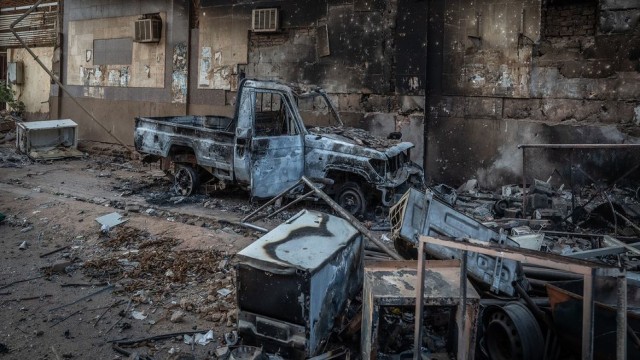
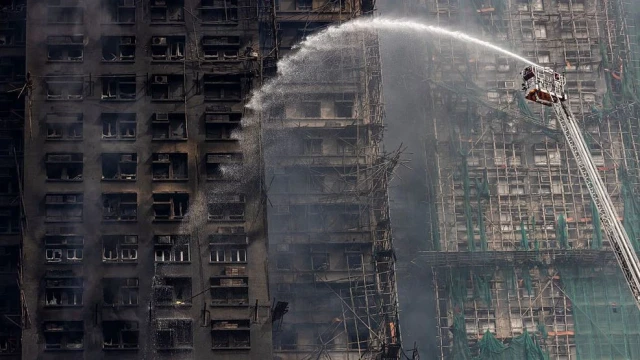
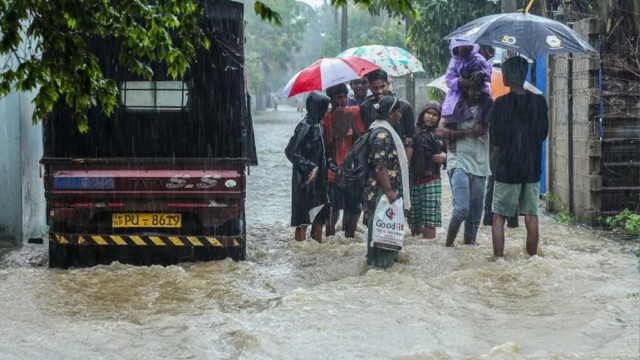
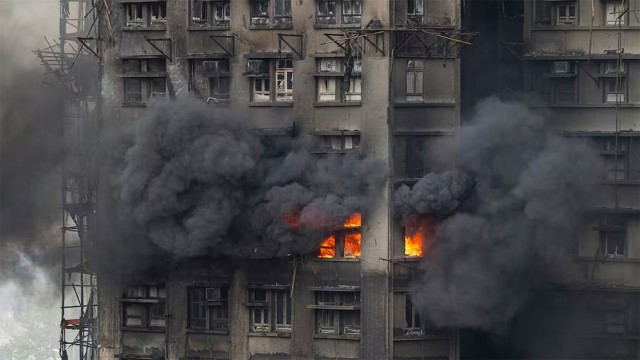
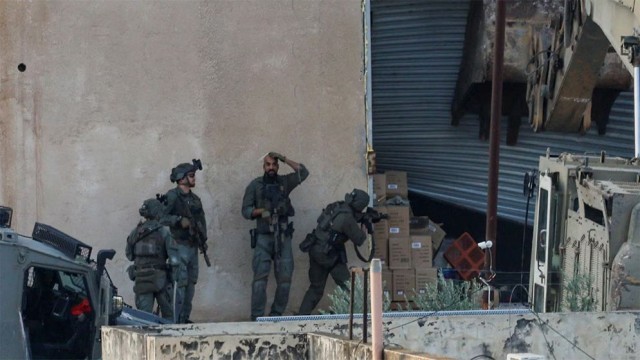
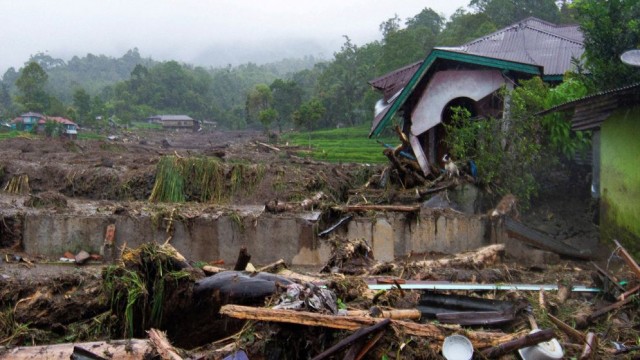
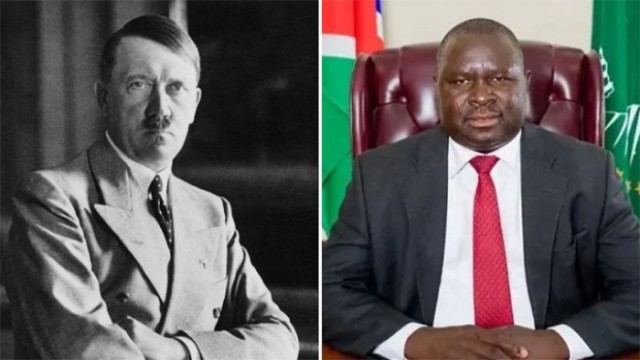

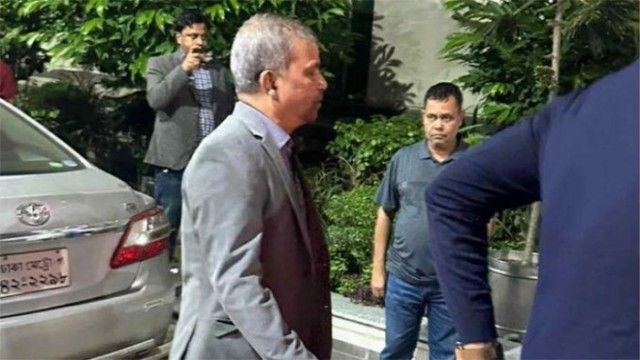

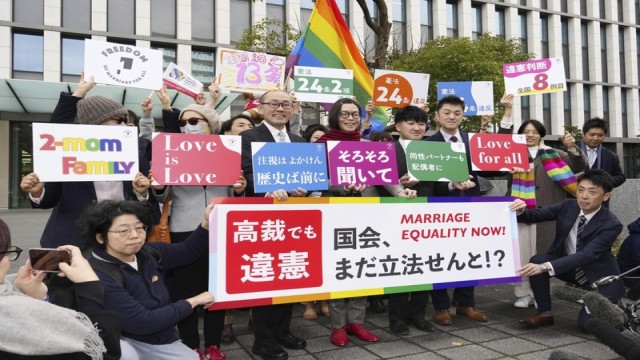

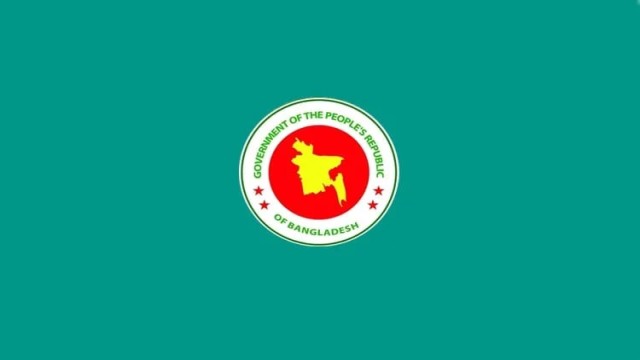
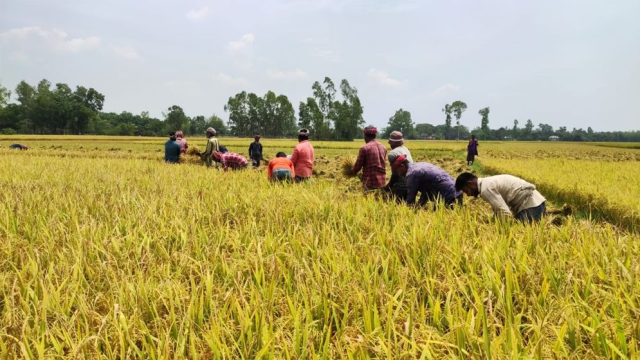



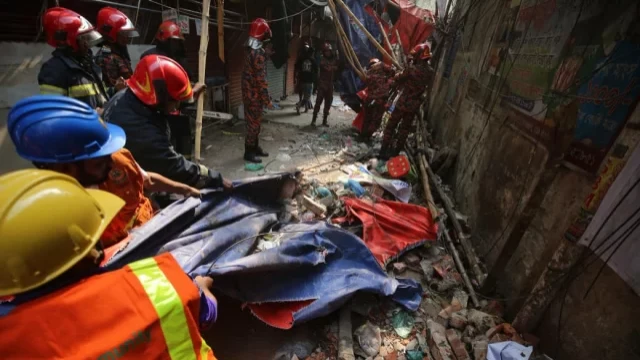




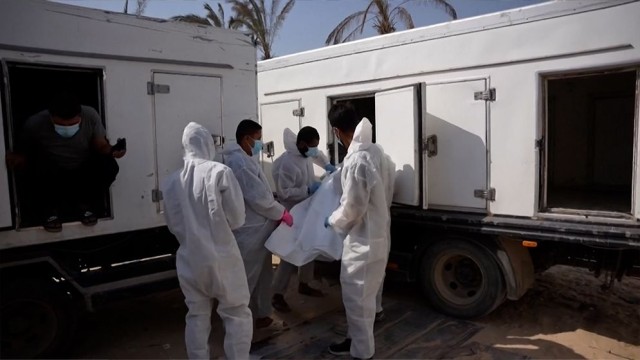
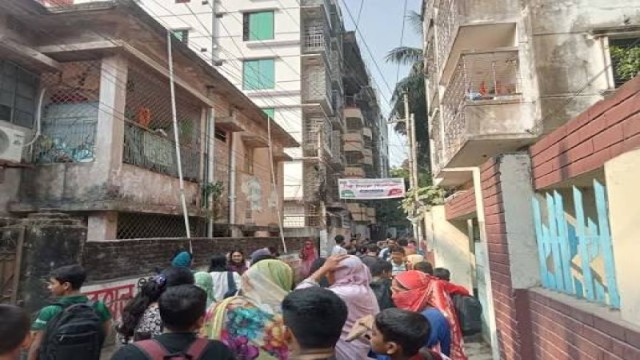


Comment: